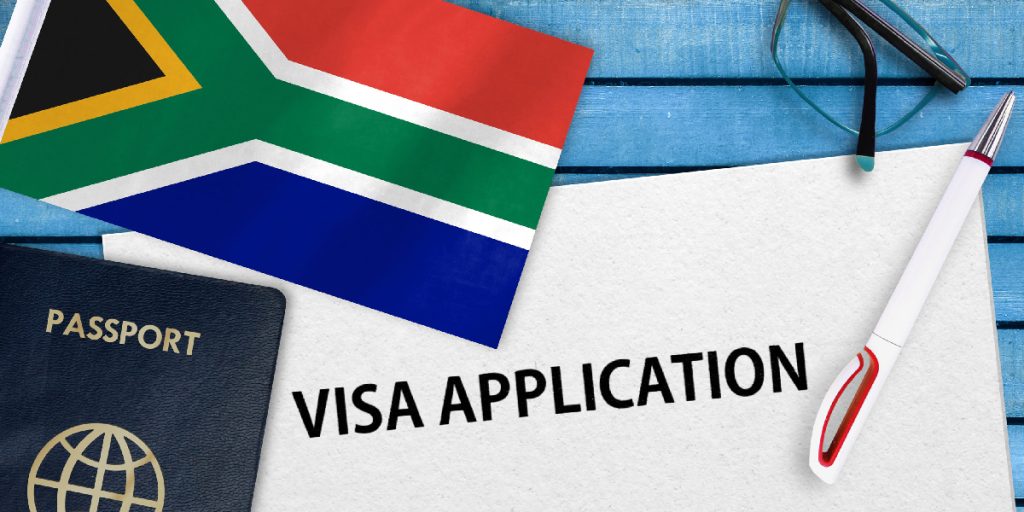At a Glance
- South Africa launches AI-powered digital visas for short-stay travelers in September 2025.
- Mobile-first ETA system streamlines approvals, cuts fraud, and replaces manual visa processes.
- The move aligns with national digital overhaul; aims to boost tourism and border security.
South Africa will officially launch its AI-powered Electronic Travel Authorisation (ETA) system in September 2025, a landmark shift aimed at modernizing immigration, enhancing border security, and regaining momentum in the global tourism economy.
Announced by Home Affairs Minister Leon Schreiber, the digital visa platform will go live at major international airports and initially apply to short-stay travelers staying fewer than 90 days..
The smart visa system is designed to replace outdated manual processes, allowing tourists and business travelers to apply, receive, and store their visas digitally—directly on their smartphones.
Powered by artificial intelligence, the platform streamlines verification, cuts down processing times, and reduces the risk of fraud, aligning with President Cyril Ramaphosa’s 2025 State of the Nation pledge to digitize core public services.
Game-Changer for African travel and tech-enabled governance
“This is not a pilot—this is a fully operational, mobile-first ETA visa already stored in my smartphone,” Schreiber posted on X, formerly Twitter, as he showcased his own digitally issued visa.
He emphasized that the new platform marks the start of a broader “tech-driven service revolution” aimed at improving efficiency, national security, and traveler convenience.
The Border Management Authority (BMA) will manage the rollout, with plans to scale the ETA system across all ports of entry.
As South Africa eyes full recovery in post-pandemic tourism, officials hope the smart visa will help eliminate long-standing visa delays and boost international arrivals.
With global travelers demanding more seamless and secure border processes, the move positions South Africa alongside regional innovators like Rwanda, Kenya, and Ghana, who are also leveraging eVisa systems to attract investment, tourism, and diaspora engagement.
Digital transformation of immigration in Africa
Longer term, the Department of Home Affairs plans to expand the platform to include work, study, and business visa categories, signaling a comprehensive AI-driven overhaul of South Africa’s immigration system.
As artificial intelligence reshapes how governments deliver services, South Africa’s AI visa model could emerge as a continental benchmark—not just for tourism, but for smart governance across Africa.
By making immigration more efficient, secure, and traveler-friendly, the country is positioning itself at the forefront of Africa’s digital transformation journey.














